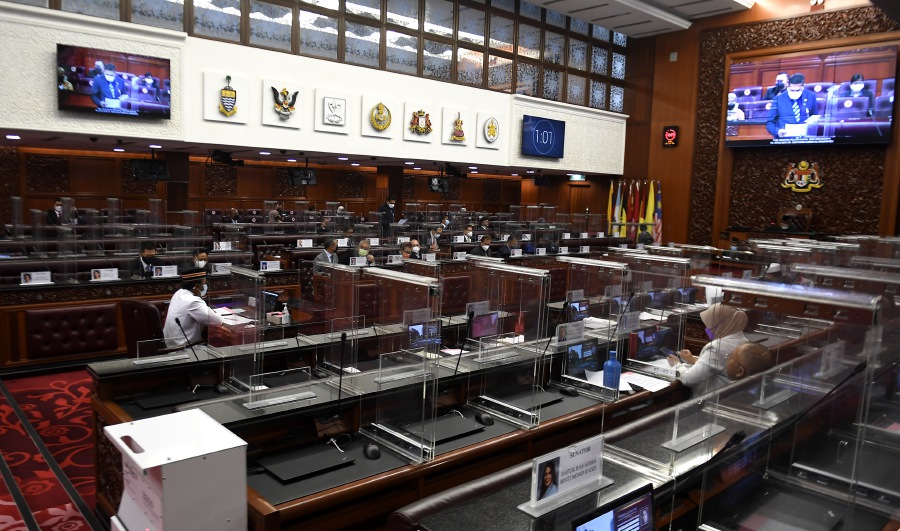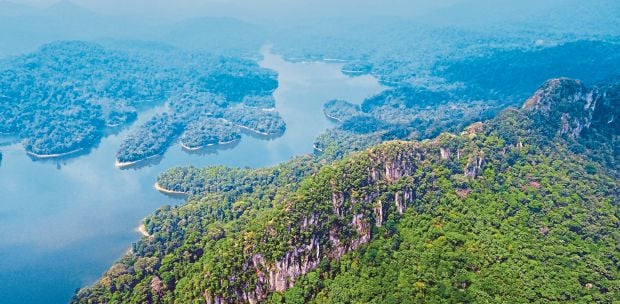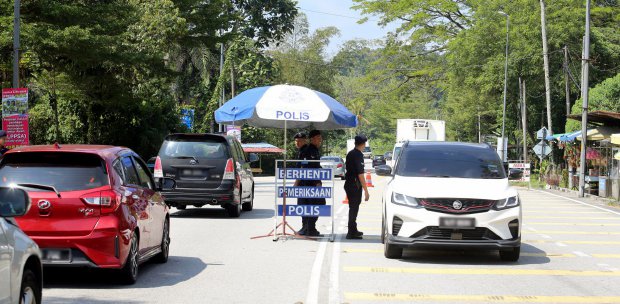THE floods that wreaked havoc across the country are an indication of what the future will look like.
What apparently is an inescapable template for a future characterised by damage and further loss of lives should be countered with a steadfast will and commitment to undertake drastic actions.
What we need is a new compact, a new arrangement inspired by the ongoing discussions on the New Social Contract driven by the United Nations so that the citizenry realise their involvement is going to be paramount if we were to cope with future natural disruptions.
It is not going to be easy because we need to educate the people in truly understanding that the stakes are too high, that policy forums like Glasgow COP26 and Kunming COP15 that focused on climate change and biodiversity preservation, respectively, really count.
These negotiations are normally regarded as too detached from the reality, and rightly so, because no matter the involvement of civil society in such discussions, the average citizen continues to remain disconnected from them.
We need to make them more accessible. In other words, we have to find new venues so that high-level decision-making is "localised" and "popularised".
Tan Sri Lee Lam Thye, the chairman of Alliance for Safe Community, makes the case for stronger coordination and networking to avoid future disasters and put Malaysia on the path to a more sustainable future.
We know that the strong linkages between adaptation and mitigation and any planning to avoid natural disasters must be anchored to a vision to redraw the boundaries and rethink the way people lead their lives.
That is why it is unwise to expect all the answers from the authorities.
Obviously, no one discounts their roles and duties to ensure a future without further victims due to climate change and biodiversity loss, but there is also a common responsibility for the citizenry to embrace.
It is encouraging that Datuk Seri Dr Noraini Ahmad, the higher education minister, is focusing on education for sustainable development and the role education institutions have to play.
Schools are fundamental in tackling the challenges and setting the future generations on a more sustainable pathway. Yet this is not even close enough to what we need.
The fact that Malaysians are experiencing a deep democratic deficit does not mean there is no other venue for people participation.
Such venues can be created without any constitutional change or major legal undertaking. What we need is the political will to allow citizens to express their voices.
This is a concrete scenario if we imagine the creation of citizens' forums or assemblies around the country, forums where people could channel their opinions.
Obviously, the focus would be on the consequences of climate change and nature's loss on people's lives, but from here, other issues could be tackled.
Such forums or assemblies could be developed into truly deliberative platforms, where participants can take decisions on a limited number of issues, with the politicians pledging to follow and enact them.
What may look like a revolutionary undertaking is simply a governance innovation already practised in other parts of the world.
Though it is not yet consolidated or mainstreamed, deliberative democracy is more and more highlighted as the best solution to revitalise democracies. We need to close the gap and make policymaking much more accessible.
A way to start? Selangor Menteri Besar Datuk Seri Amirudin Shari recently announced that the state government would organise a retreat next month to discuss flood mitigation plans.
Why not go beyond such a limited approach and design a pilot exercise with people's participation? Selangor could create a template to be followed.
We can start small and with the help of the federal government, scale up such exercises till they become a standard way of governance in the country.
Malaysia can innovate and be a pioneer in deliberative democracy in Southeast Asia.
The author writes on civic engagement, youth development, the SDGs and regional integration in the context of the Asia Pacific






